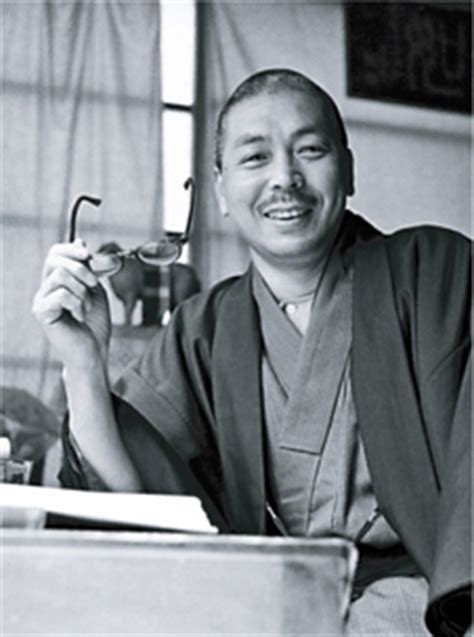A Quote by Michael Faraday
When I came to know Mrs. Marcet personally; how often I cast my thoughts backward, delighting to connect the past and the present; how often, when sending a paper to her as a thank you offering, I thought of my first instructress.
Related Quotes
A willingness to vocalize feelings. How important it is to be willing to voice one's thoughts and feelings. Yes, how important it is to be able to converse on the level of each family member. Too often we are inclined to let family members assume how we feel toward them. Often wrong conclusions are reached. Very often we could have performed better had we known how family members felt about us and what they expected.
[Mrs. Allen was] never satisfied with the day unless she spent the chief of it by the side of Mrs. Thorpe, in what they called conversation, but in which there was scarcely ever any exchange of opinion, and not often any resemblance of subject, for Mrs. Thorpe talked chiefly of her children, and Mrs. Allen of her gowns.
Remember, how often the great art of the past didn't look great at first, how often it didn't look like art at all; how much easier it is, decades or centuries later, to adore it, not only because it is, in fact, great but because it's still here; because the inevitable little errors and infelicities tend to recede in an object that's survived the War of 1812, the eruption of Krakatoa, the rise and fall of Nazism.
How small a portion of our life it is that we really enjoy! In youth we are looking forward to things that are to come; in old age we are looking backward to things that are gone past; in manhood, although we appear indeed to be more occupied in things that are present, yet even that is too often absorbed in vague determinations to be vastly happy on some future day when we have time.
And when she started becoming a “young lady,” and no one was allowed to look at her because she thought she was fat. And how she really wasn’t fat. And how she was actually very pretty. And how different her face looked when she realized boys thought she was pretty. And how different her face looked the first time she really liked a boy who was not on a poster on her wall. And how her face looked when she realized she was in love with that boy. I wondered how her face would look when she came out from behind those doors.
You can make the argument that there's no such thing as the past. Nobody lived in the past. They lived in the present. It is their present, not our present, and they don't know how it's going to come out. They weren't just like we are because they lived in that very different time. You can't understand them if you don't understand how they perceived reality.
As Asian-Americans, we just don't often get the chance to tell the story from a leading person's perspective. And so I took jobs where they came, and they were always in the ensemble, and if it required me to play multiple instruments I did that, and if it was as a puppeteer, I did that. That's just how I was cast; that's how I was employed.
When talking to first-time entrepreneurs, I often ask them: 'How do you know that people want your product or service?' As you can expect, the answer is often that they don't yet, but will know once they launch. And they're right. That's why it's critical to launch as quickly as possible so you can get that feedback.





































